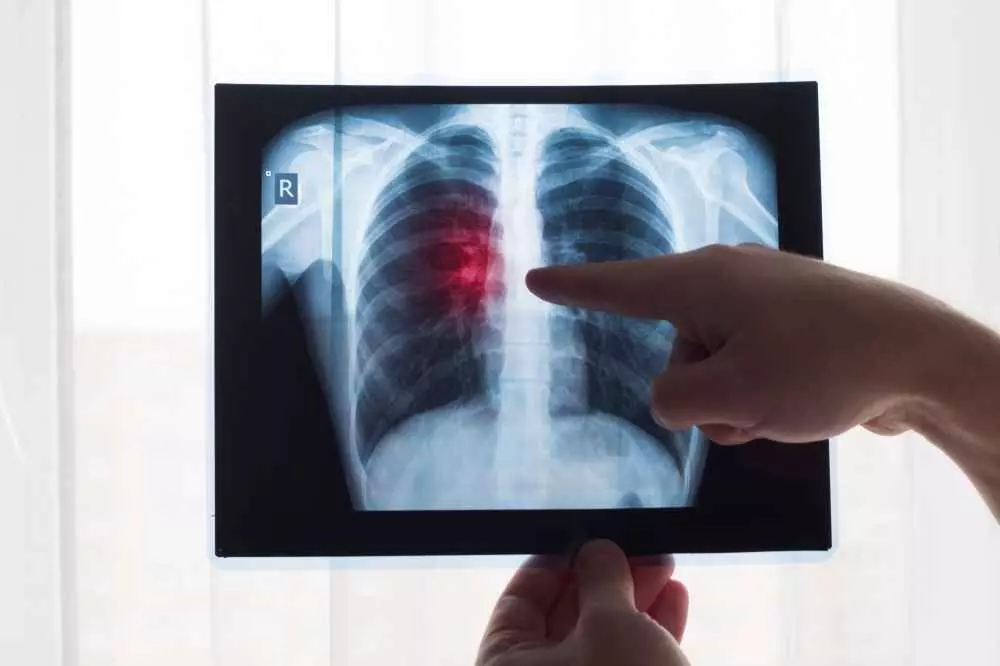Comparison of lung cancer treatment outcomes in the UK and other Western countries
Introduction to lung cancer issues
Lung cancer is one of the most commonly diagnosed cancers in the world. Many Western countries are facing an increasing number of cases of the disease, which poses serious challenges for health systems. The UK, with its own health system, provides an interesting example in comparison with other countries. In this article, we will analyze lung cancer outcomes in the UK in the context of data from other Western countries, such as Germany, France and the US.
Epidemiology of lung cancer in the UK
The UK has been struggling with a high incidence of lung cancer for years. According to Public Health England, about 48,000 new cases of the disease are diagnosed in the country each year. Nearly 90% of lung cancer patients are diagnosed at a late stage, significantly reducing their prognosis. Cigarette smoking remains the leading cause of lung cancer in the UK, highlighting the need for action on prevention and health education.
Comparison with other Western countries
Compared to countries such as Germany and France, the UK has a higher incidence rate of lung cancer. The data shows that in Germany and France, they are influencing better treatment outcomes through earlier diagnosis and more extensive prevention programs. In the United States, on the other hand, thanks to modern technology and innovative therapies, patients have access to more advanced treatments.
Lung cancer treatment methods in the UK
Lung cancer treatment in the UK includes both surgery, radiation therapy and chemotherapy. Immunotherapy and targeted therapies are gaining ground, but their use in practice is still limited compared to the US. Financial constraints and NHS procedures affect patient access to modern treatments. This makes treatment outcomes in the UK often less satisfactory than in other countries.
Availability of modern therapies
One of the key aspects that determine the results of lung cancer treatment is the availability of modern therapies. In countries such as Germany and the United States, patients have greater access to innovative drugs, which translates into a better prognosis. In the UK, access to therapies is often delayed by reimbursement procedures and long waiting periods for decisions on introducing new drugs into clinical practice.
The role of research and innovation in lung cancer treatment
Over the past few years, there has been a growing interest in lung cancer research and the development of innovative therapies. In the UK, many institutions are conducting research to develop new treatments. Although the UK is at the forefront of some areas of research, the pace at which these innovations are introduced into clinical practice is often slower than in other Western countries.
Social and economic impact of lung cancer treatment
Lung cancer not only affects patients' health, but also has serious economic and social consequences. Medical expenses and incapacity affect the entire economy. In the UK, lung cancer treatment costs are expected to increase by up to 50% by 2030, according to the NHS report, calling into question the effectiveness of the current healthcare system.
Conclusions and recommendations
When analyzing lung cancer treatment outcomes in the UK compared to other Western countries, it becomes clear that there are many areas for improvement. More prevention, early diagnosis and access to modern therapies are needed. Investment in research and public health education can help improve treatment outcomes and the overall quality of life for patients. International cooperation and sharing of experiences can benefit all countries and patients affected by lung cancer.
Summary
Lung cancer remains a major health challenge in all Western countries. Treatment outcomes in the UK are generally worse than in other countries, reflecting the need for further development of the healthcare system, research and the introduction of innovative therapies. By strengthening prevention, access to modern treatments and working together internationally, significant progress can be realized in the fight against this dangerous cancer.
